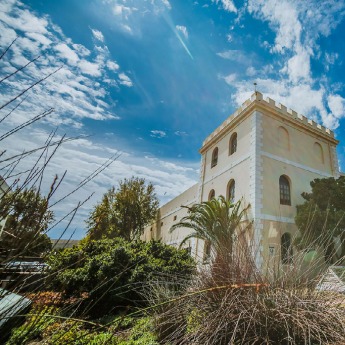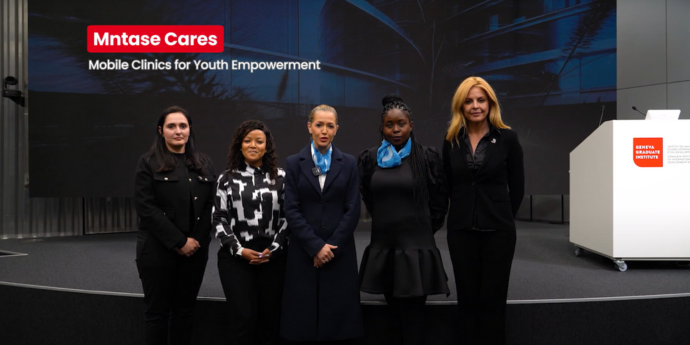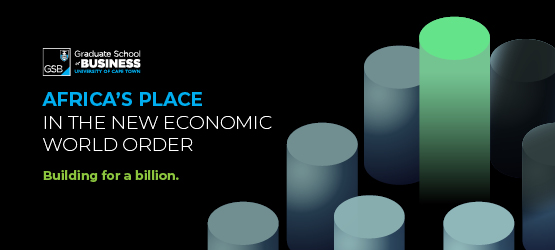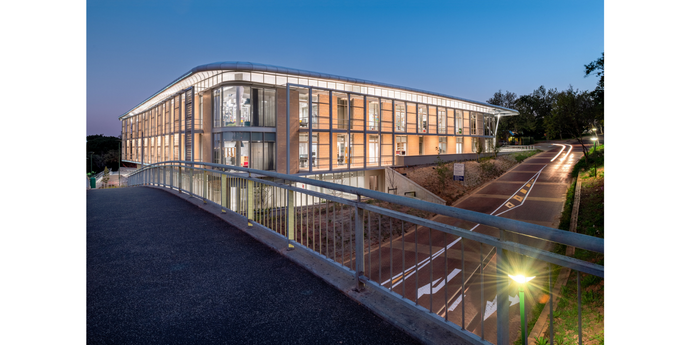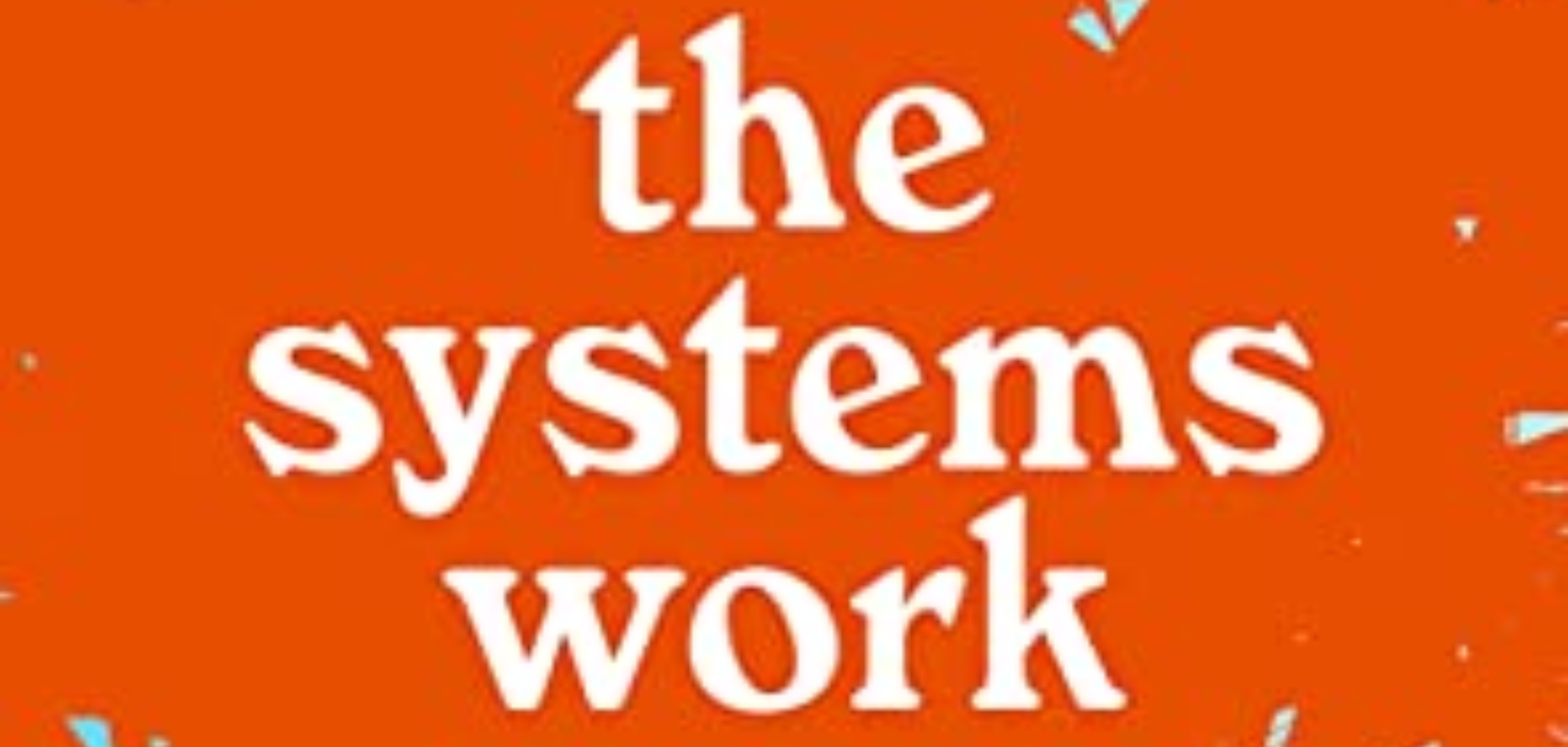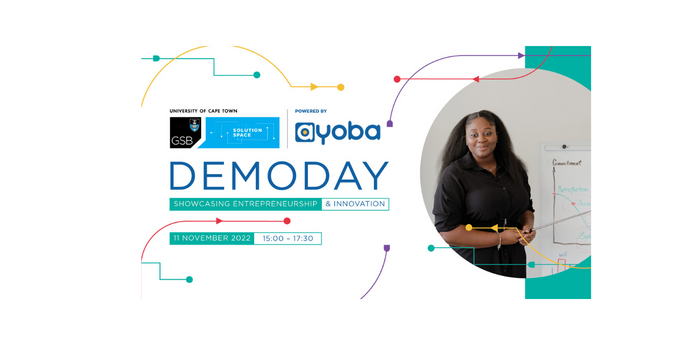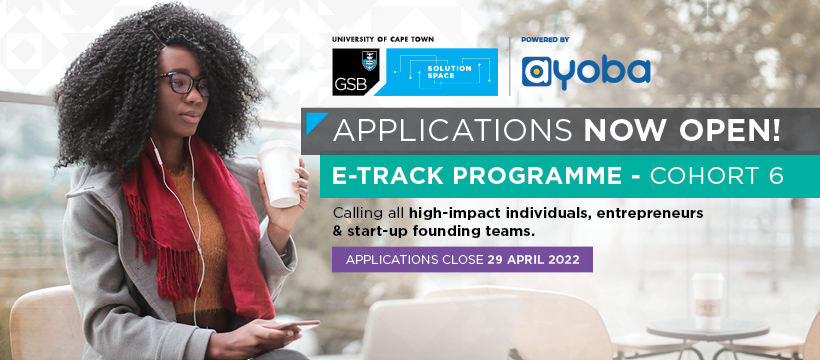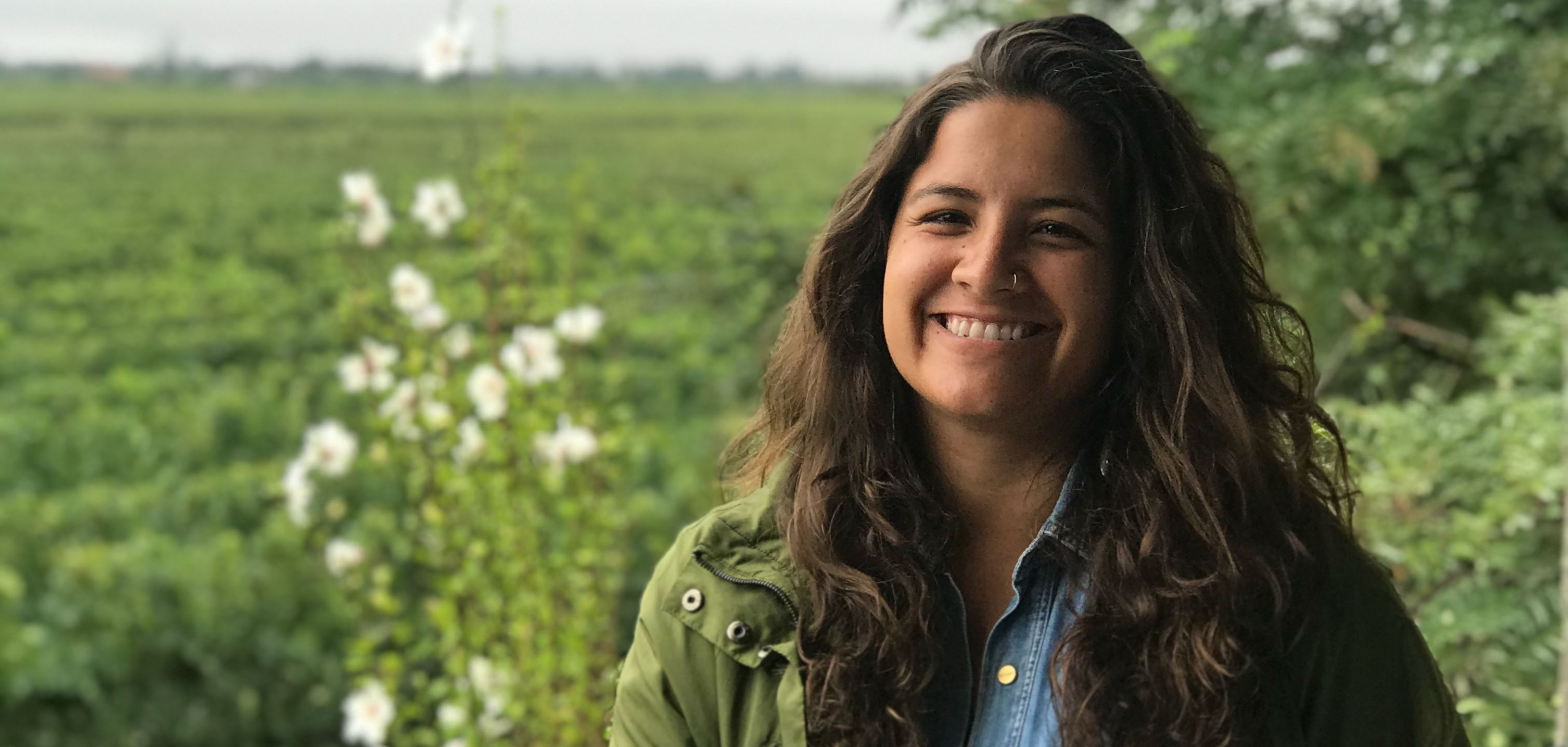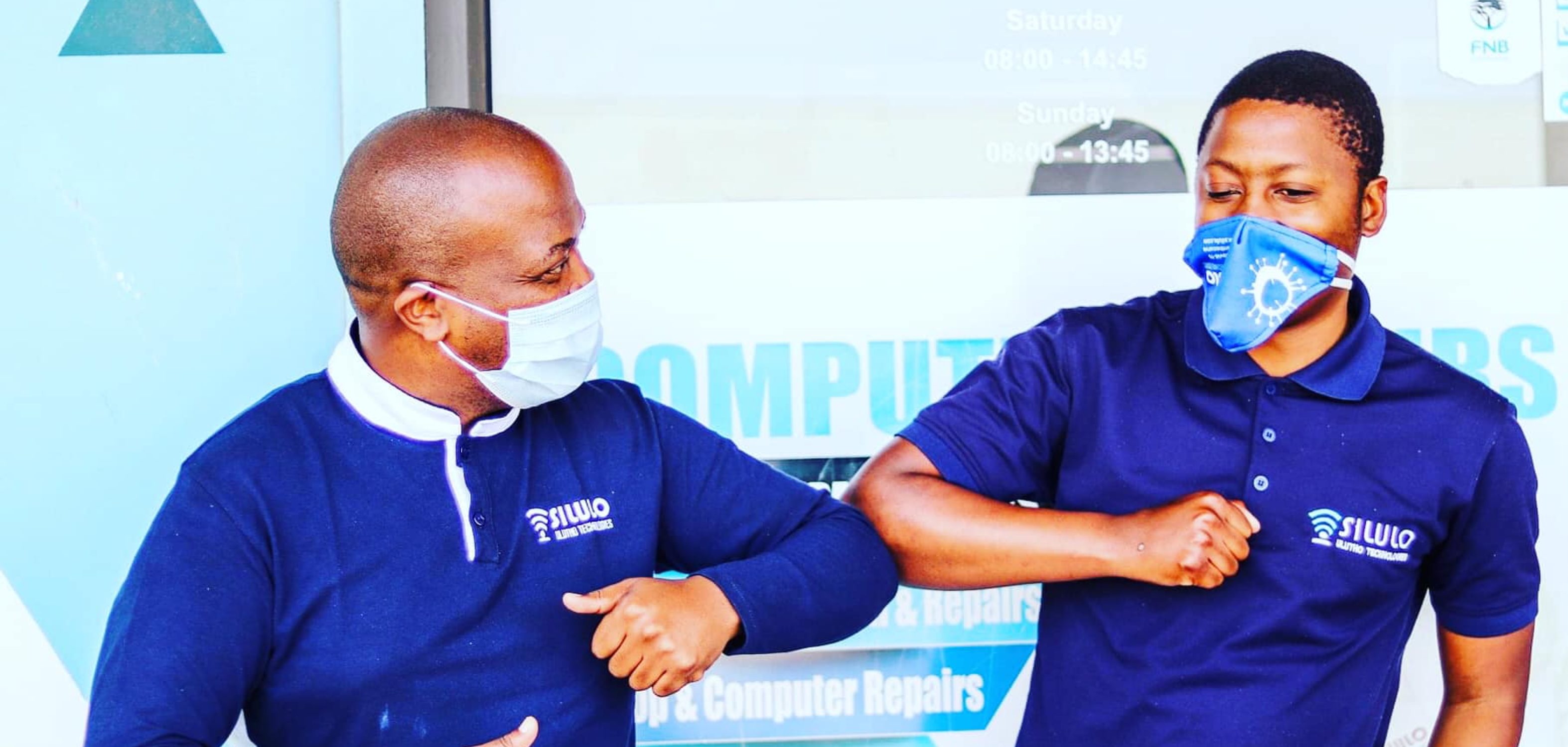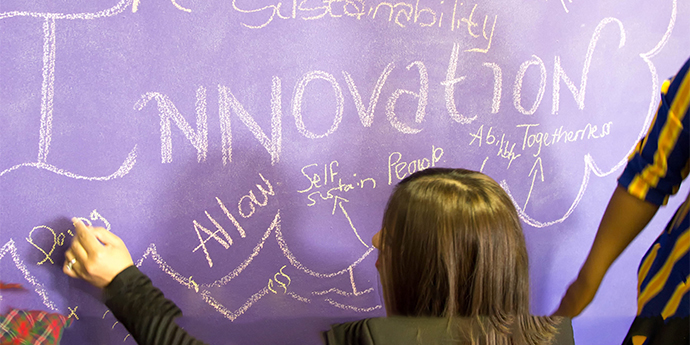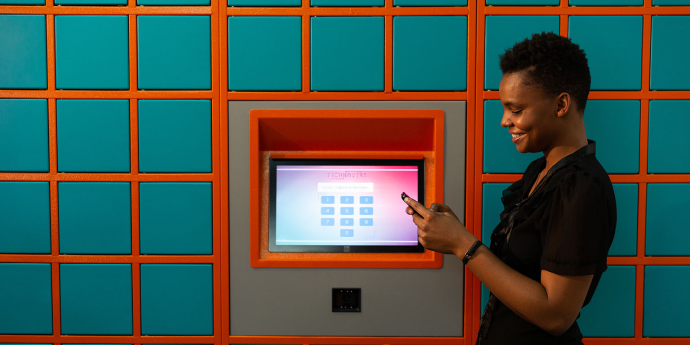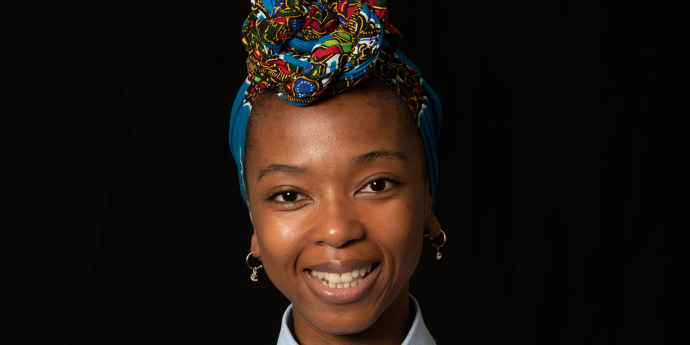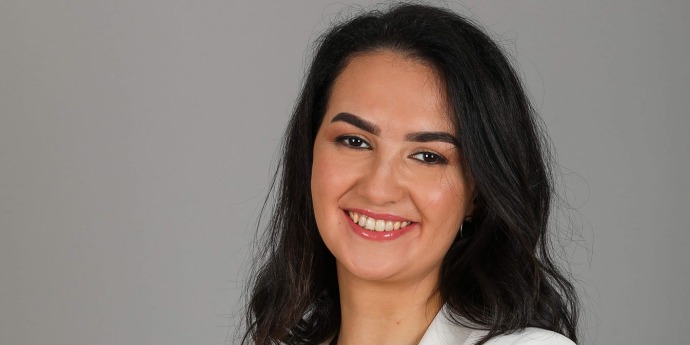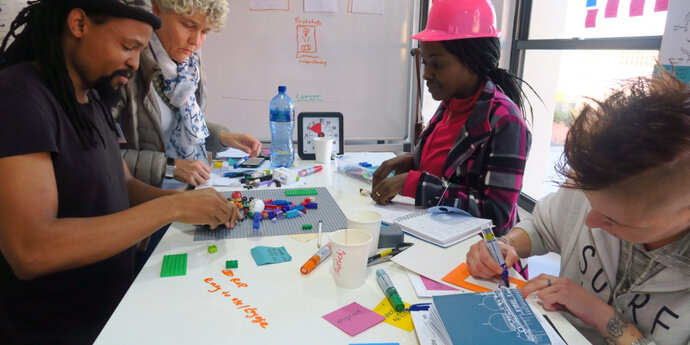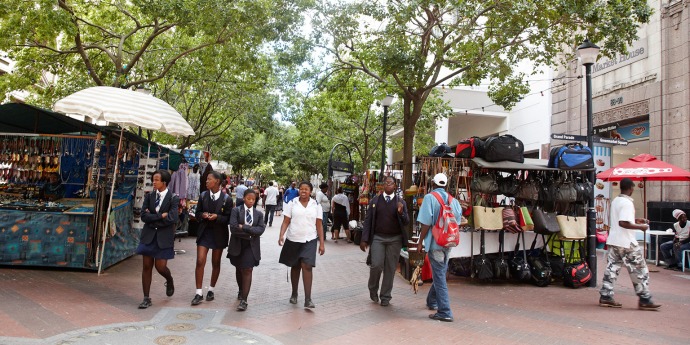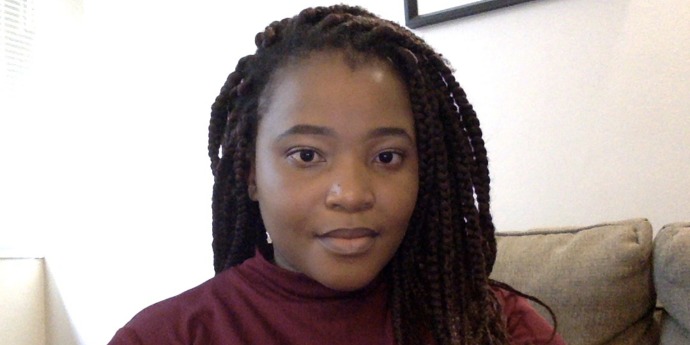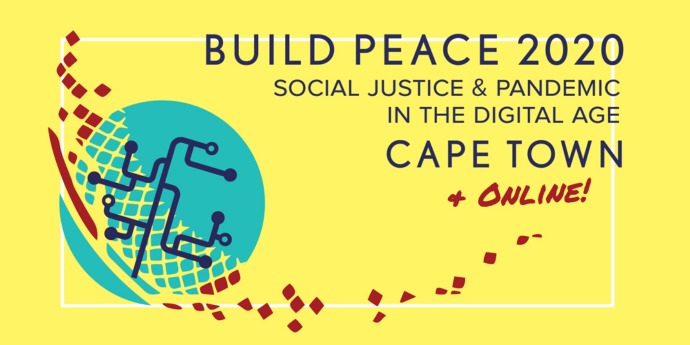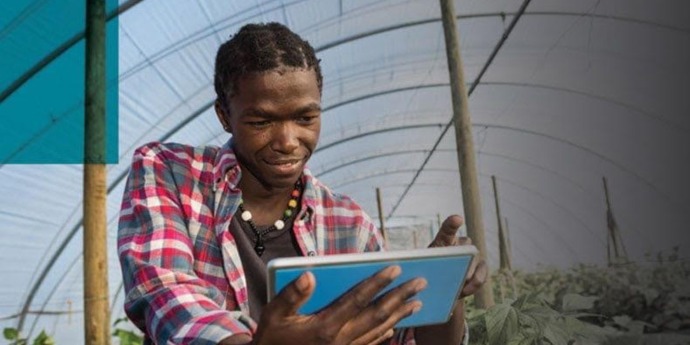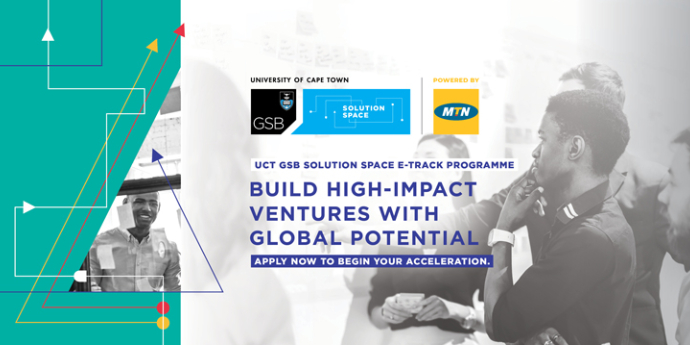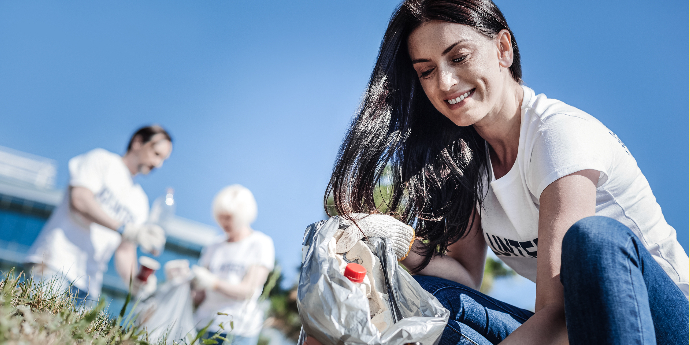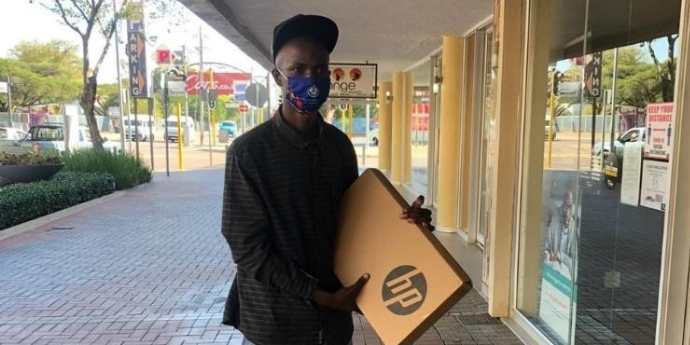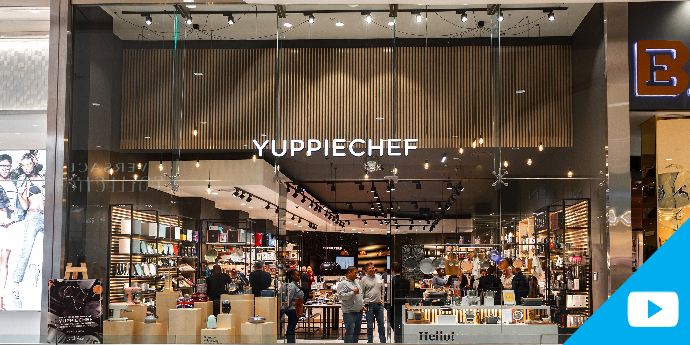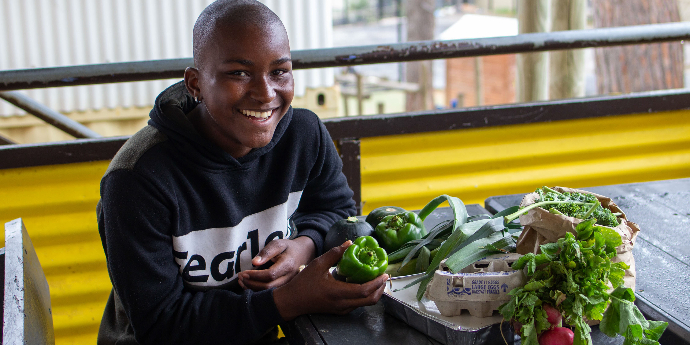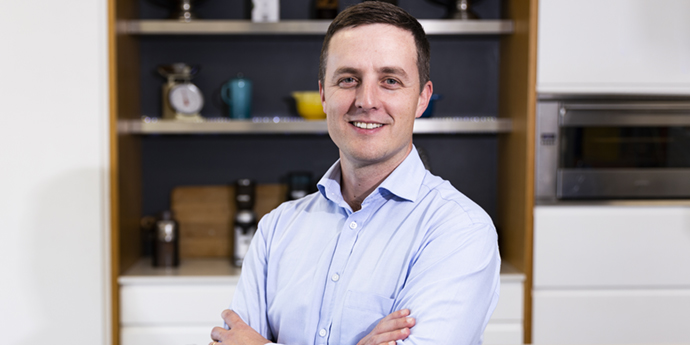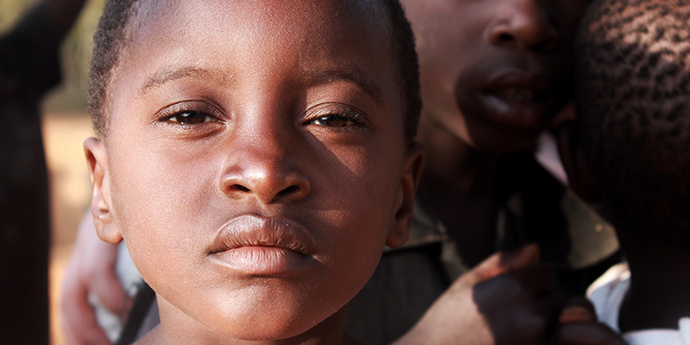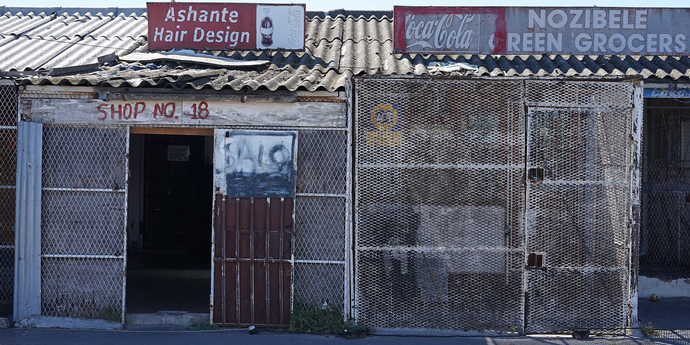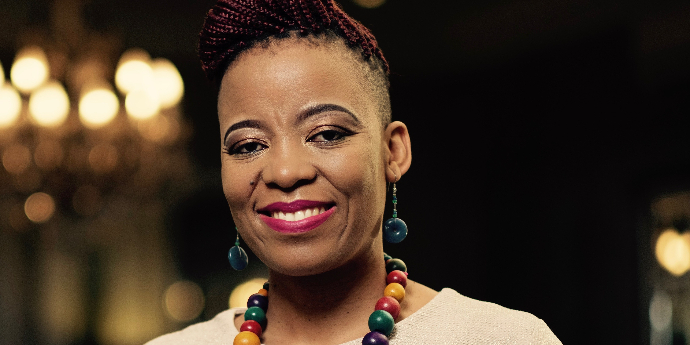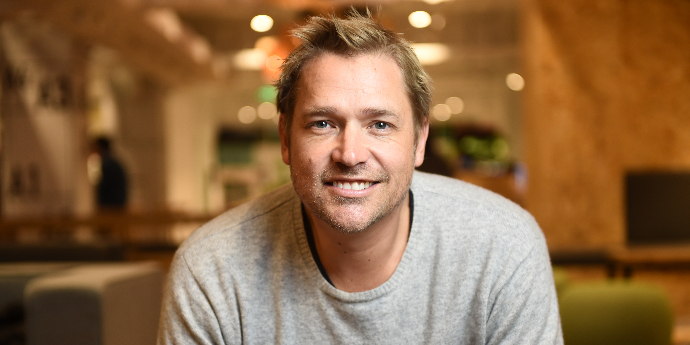Battered by COVID-19 lockdown, fledgeling entrepreneurs needed all the help they could get in 2020; the Solution Space at the UCT GSB quickly went online to make sure they were not left out in the cold.
A recent survey by sme.africa and SASFIN confirmed what many had feared — that like their peers elsewhere around the world, small- to medium-sized enterprises (SMEs) in South Africa were being battered and bruised by the economic downturn brought on by the global COVID-19 pandemic.
In that survey of 1 000 SMEs, nearly half of the responding small and medium enterprises (SMEs) reported that they were “distressed”. Across the board, all the respondent SMEs indicated that they were facing “substantial challenges” in revenue, cash flow and morale.
Little wonder that some were predicting that close on 60% of SMEs would have to shut their doors before the pandemic was over.
However, that same report also offered grounds for optimism.
Despite the additional hurdles that small businesses suddenly faced, 41% of businesses indicated that they were “coping” and weathering the storms. A further 10% reported that they were “thriving” even though a third of these businesses had experienced or contemplated significant changes to their business models.
Thriving in times of crisis, what drives success?
Those numbers need unpacking if we are to understand why some businesses are coping better than others. The data suggests that despite the size and characteristics that typically make SMEs more vulnerable to system-wide crises — e.g. minimal cash reserves, smaller client bases— many SMEs have been resilient enough to withstand the global pandemic.
For example, Little Fish, an e-commerce directory for small businesses with limited capital, has bounded forward during the past few months. The venture was launched in ideal conditions as consumers turned to online shopping in greater numbers. For businesses with little or no online presence and experience, Little Fish was a much-needed solution. By September this year, the company reported that it had two thousand community members and nearly 1,300 registered members in five countries.
In order to replicate the resilience that SMEs like Little Fish have demonstrated in the face of the crisis, it is necessary first to understand the needs and challenges of these businesses, and how they may vary. The University of Cape Town Graduate School of Business (UCT GSB) entrepreneurship accelerator known as Solution Space, is well-positioned to enable businesses to identify their needs and challenges through their rigorous testing and vetting process and training programmes. Likewise, being located within a world-class business school gives the Solution Space and those entrepreneurs who work with us a competitive edge.
For one, the strong research culture at the business school drives an ongoing enquiry into entrepreneurship; for another, we are privileged in terms of accessing experts to assist our entrepreneurs through various alumni and corporate networks. Our programmes — including the MBA Innovation & Entrepreneurship Programme, an elective in our MBA syllabus; and the E-Track Programme that we offer in partnership with the MTN Group — tap into that expertise. It is worth pointing out that Little Fish is one of the ventures that came through the E-Track Programme!
While many other entrepreneurship hubs, unfortunately, had to close up shop, the Solution Space was able to quickly migrate its programmes and support online and deliver these through a blended learning platform because of the support from the university.
This flexibility allowed us to support 58 entrepreneurs (30 ventures) through these challenging economic times. Of course, each entrepreneur’s needs were different and informed by their context, and again we have been fortunate to be able to offer tailored support at our two hubs at the UCT GSB’s Waterfront campus and in Philippi. While entrepreneurs at the former are familiar with and could quickly access available digital support structures, those at our Philippi Hub were less able or aware of those opportunities. However, within our ecosystem, startup founders have been able to access the support they need and thrive through the crisis, despite their context.
The characteristics of successful enterprises
While the Solution Space supports a broad spectrum of entrepreneurs with diverse needs, there are common denominators among all of them, characteristics that we believe are key to resilience and success. First, the businesses we support are high-impact businesses; this means that on paper, they have the potential to be profitable and create employment.
Secondly, the entrepreneurs we support are motivated and willing to take risks. We want entrepreneurs who have the courage to pursue their ideas and goals, test those ideas with customers, adapt and execute solutions quickly. For example, Little Fish, without foreseeing a global pandemic, nonetheless recognised the opportunities that their platform could offer businesses and showed the courage to develop and market their product.
Third, the businesses we support, while turning a profit, are also engaged in addressing urgent social problems facing our nation and continent. One such business, for instance, is a startup known as VISAR that aims to help students grasp complex and abstract science concepts — everything from maths formulas to chemistry and physics experiments — using virtual and augmented reality technology. It is clear to see the venture’s value even under ‘normal’ conditions where many schools lack the necessary facilities, and expertise, to make learning and understanding easier for students. In a year like 2020, where learners have to rely on more self-study, a tool like VISAR would prove to be of even greater use.
Lastly, we look for people who can imagine many different futures and scenarios, and who do not to take the present for granted. As the pandemic has shown us, markets change, new products appear while others are phased out — sometimes overnight. The business environment is fickle and can change with the advent of a new law or an upgraded technology. We have seen that it is entrepreneurs that have been able to adapt fast that have withstood the lockdown best. Agility is key.
Our role as the Solution Space is to prepare entrepreneurs for such shocks to the system and to give them the tools and the aptitudes they need to respond optimally.
Ms Shiela Yabo is programme manager for the Solution Space at the University of Cape Town Graduate School of Business (UCT GSB). She completed the Associate in Management Programme and the Postgraduate Diploma in Management Practice (Business Administration), both with distinction, at the UCT GSB.

